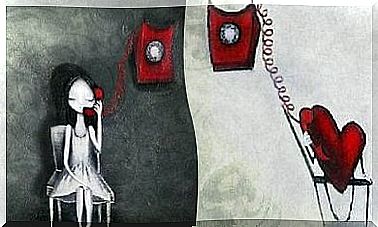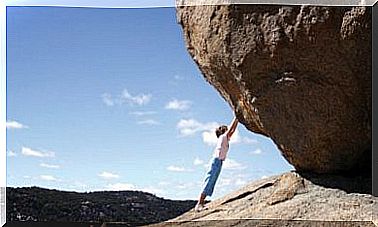The Influence Of Childhood Traumatic Experiences
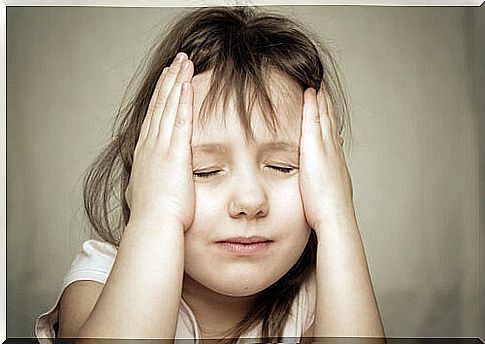
It is known that childhood traumatic experiences can have a major impact on adults. But how do these traumatic experiences affect children in their daily lives? How does it affect their behavior? How does it affect the way they learn?
A recent study analyzed how bad early childhood experiences, including parental imprisonment and physical and mental abuse, affect early childhood learning and development. The research was done by researchers at Rutgers Robert Wood Johnson Medical School and was published in the journal Pedriatics, a journal of the American Academy of Pedriatics.
The importance of preschool age for future academic performance
According to the researchers , children in large, urban areas who were exposed to traumatic events during early childhood were at an increased risk of developing learning and behavioral problems, beginning in kindergarten.
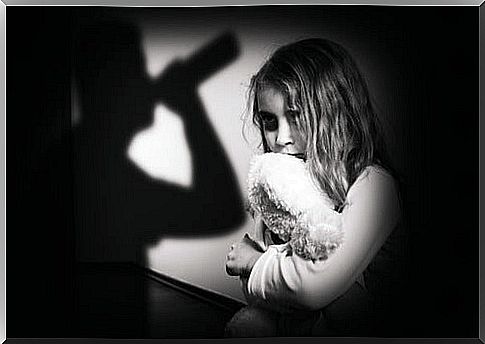
The researchers examined data from other studies of childhood bad experiences reported by their caregivers, as well as documents from their teachers about their academic performance and behavior during preschool. This age was chosen because evidence shows that this is a time in a child’s life where future academic performance and social skills can be predicted.
The result of the analysis showed a pattern in which children with bad experiences had low grades, worse behavior and less social skills. More specifically, their language and reading skills were below average. Aggression and neglect from their parents increased the concern for these children.
“Our research findings are important because they highlight important risk factors for future academic difficulties, in addition to the potential for ill health, which is already associated with early childhood trauma exposure,” the researchers said. “We hope our work encourages collaboration between educators and health professionals to support children and their families in high-risk groups.”
Protecting children from traumatic events
Protecting children doesn’t mean keeping them in a bubble. But when they are so small, their interpretation and understanding of the world is not the same as in adults.
Psychologist Jesus FJ Ramirez Cabanas explains that traumatic experiences that happen before a child is 11 years old cause three times as many behavioral and emotional problems as they do later in life. The psychological impact of these situations is persistent and continues to grow over time.
Parents tend to underestimate the intensity and duration of the stressful situations their children go through. Reactions vary by age, intellectual capacity, personality and social factors.
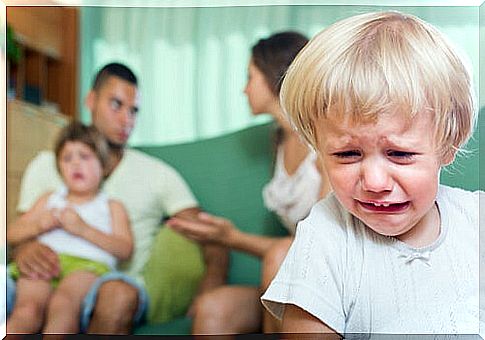
Ramirez Cabanas also explains that the impact adults have on children they care for greatly influences the way they remember those traumatic experiences. For example, the traumatic experience of death within a family can leave children feeling powerless.
The most common problems caused by post-traumatic stress and other forms of anxiety disorders include pain, depression, aggressive behavior, physical symptoms, low self-esteem, and social and academic difficulties.
The behavior of children with traumatic experiences
Ramirez Cabanas explains that if a child has suffered a traumatic experience, it is important to react quickly to avoid the effects of post-traumatic stress, which can manifest in the form of anxiety, depression and other disorders. Syndromes need to be treated as soon as they appear, which can happen up to three months after the traumatic event.
There is no reason to believe this will happen, but teach the child to relax and immediately turn the negative thoughts into positive ones. It is also necessary to encourage them to express their feelings and opinions.

The child should use techniques aimed at redirecting his/her thoughts to more constructive or distracting activities, such as play, exercise, or a group activity. It is common for children to blame themselves for the traumatic event, so they must learn not to do this.
Another helpful strategy is to distance yourself from the information the media shows about the subject, especially television, so that they don’t see images of the event.





